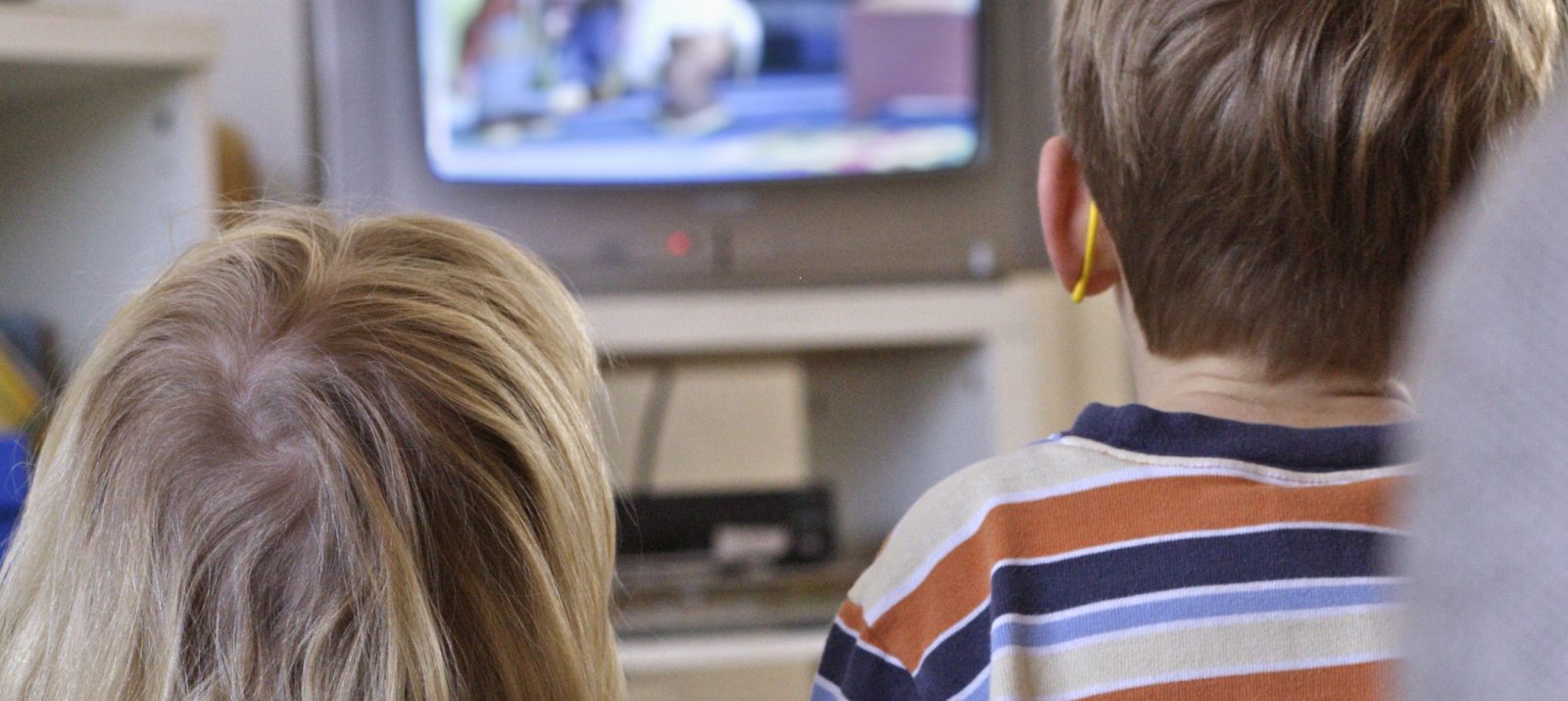
The younger children are, the less they feel the need to use media. In the first years of life, other things play a more important role: contact with parents, learning to walk and talk, and so on. Your child needs a lot of attention from you in the first months and years. Therefore, you should not be distracted by devices. Agree on rules with your whole family about how to handle media in the presence of your child. Because even at baby age, you have an important role model function. If you don’t want your child to use media a lot already, you should use the smartphone or similar in front of your child little or not at all.
The older your child gets, the more he or she will be exposed to media. It wants to do the same as older siblings, mom or dad. Your child begins to understand what media is and how it works. It is becoming increasingly difficult to keep your child completely away from media. Rules can help shape how young children and preschoolers interact with media.
In order not to overtax your child, you should slowly expand the range of media used. Analog picture books, for example, can gradually be joined by audio stories and music. Short video chats with family members are also possible.
Young children can’t yet judge when it’s too much. If you schedule media use as a fixed activity during the day, such as an episode of Sandman before bedtime, your child will perceive it as a ritual to follow. Avoid using media as a babysitter .
Up to the age of three, very little time should be spent in front of a screen during the day. At this stage, children discover the world best with all their senses – with their hands, eyes, nose and mouth. On-screen content can quickly overwhelm them.
Between the ages of three and five, no more than 30 minutes at a time should be spent in front of the screen. These times are only an orientation. You know your child best and know what they can already do and understand. It is important that you accompany your child in their media use and observe how they deal with what they see and can answer questions. If your son or daughter seems very exhilarated afterwards, the usage time should be reduced.
Young children perceive media much more emotionally than adults. Some things they cannot yet process or understand. Therefore, close support from you as parents is important! Technical solutions cannot replace the conversation with you. When selecting content, be sure to check for age ratings and educational assessments, if applicable. Explain to your child why she is not yet allowed to watch certain series that her older sister may already be watching.
It is important to actually follow the rules that have been set. If your child is still young, you should only use media together anyway, and you can be mindful of time. For preschoolers who may already be able to watch a series on their tablet alone, limiting them to one episode helps. An egg timer can also be helpful, since time indications are still very abstract.
Talk to your child about the reasons for fixed screen time so they understand the rules. If children learn to use the media in a sensible and controlled way at a young age, this will also be easier for them later on.